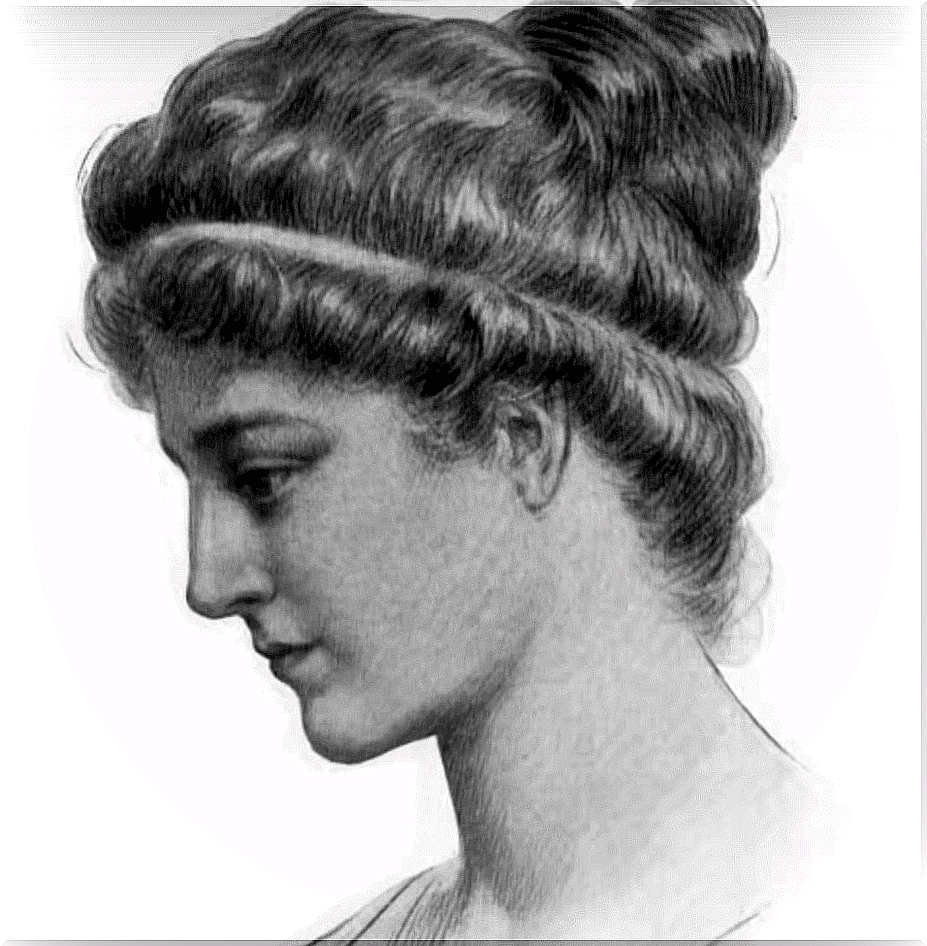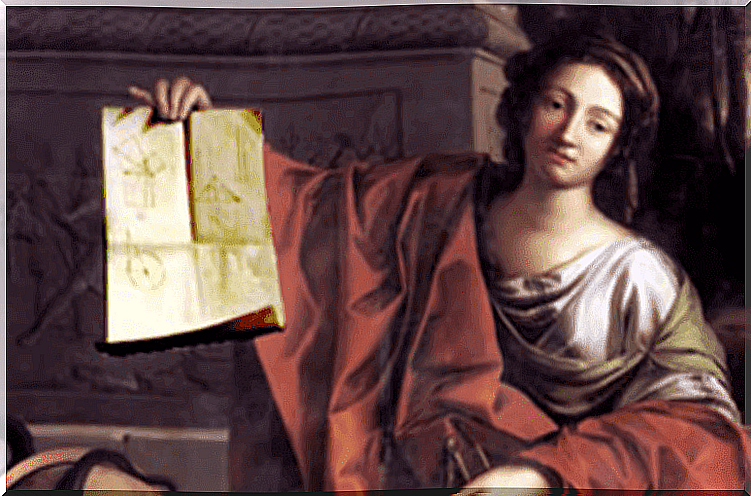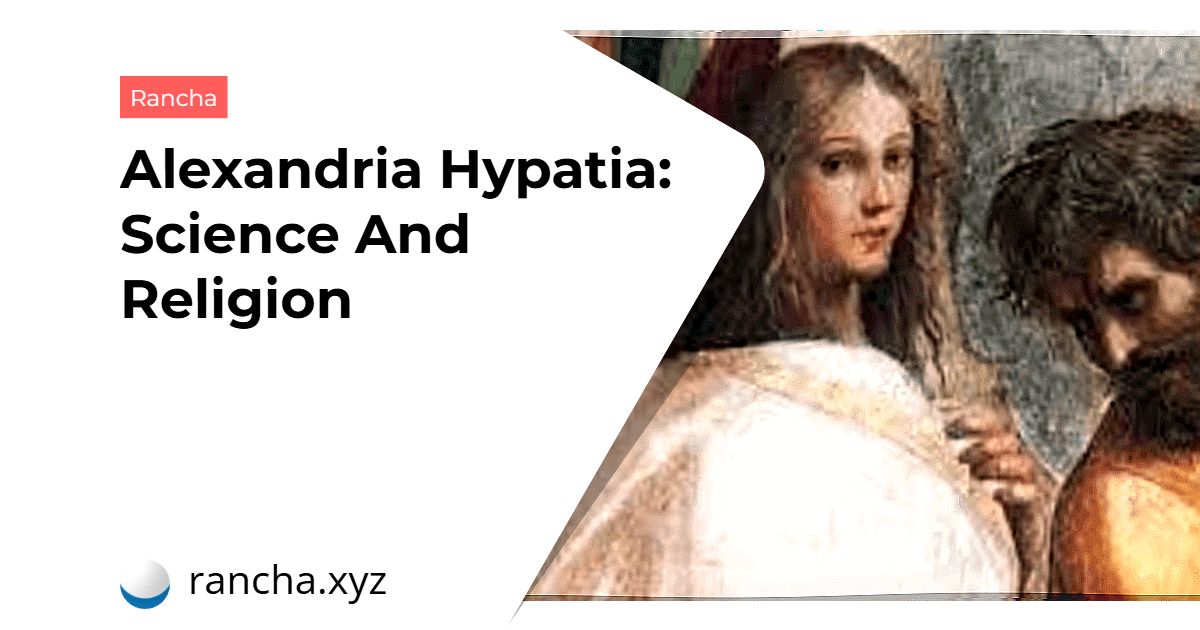Hypatia of Alexandria was the first philosopher, mathematics, and physics of whose existence there are reliable proofs. She was born in Egypt in the late fourth century AD.
She was a teacher and head of the Neoplatonic school in Alexandria at the beginning of the 5th century. She cultivated knowledge such as geometry and logic, leading an ascetic life, as established by Neoplatonic precepts.
She was a teacher and educator at a select school of aristocrats, Christians and pagans, and ended up occupying high positions in Alexandrian society. That’s how she became a figure of great social influence, the envy of many.
Among his scientific achievements are improving those primitive astrolabes that served to determine the location of the stars in the celestial vault.
In addition, he invented a hydrometer, an instrument used to determine the relative density of liquids without the need for complex mathematical calculations.

Christians and Pagans, Science and Religion
Alexandria was the nuclear seat of a bloody civil war between Christians and pagans. The greatest representative of Christianity, the patriarch Theophilus, intended to end any non-Christian religious cult (paganism in any of its forms).
On the other hand, the intellectual elite supported the defenders of the pagan temple; all the philosophers defending paganism left Alexandria to save their lives.
However, Hypatia, who considered that philosophy, science and mathematics were far removed from the political-religious disputes, continued to teach as if all that internal war had not gone with her.
In fact, so far, no one had bothered her, perhaps thanks to her neutral stance on the matter.
However, when Cyril, much more ruthless, succeeded the patriarch Theophilus, the level of persecution against all that was not Christian increased. This time, Hypatia could not stay out of the disputes and sided with Orestes, an imperial delegate whose function was firmness and state order.
Hypatia felt represented by everything traditional, with the Greek Aristotelian polis, in which religion is only a part of politics, not the other way around. His idea was that religious authority should be subordinated to politics and the welfare of citizens, not the other way around.
So far Hypatia – teaching the Alexandrian elite at which “pagans” and Christians met – had been living proof that Christianity was compatible with the rest of philosophical and religious ideas. There are sources that speak of people from all sectors and classes who admired her.
Well, almost everyone, since there was an irreducible sect of Christian fanatics who didn’t want her in their town. Its influence reached the lower strata, but in a much more attenuated way than religion.

Hypatia of Alexandria: “the pagan” and “the witch”
Hypatia was known to Christians as “the heathen”. It was not difficult to spread rumors about this scientist’s status as a sorceress.
To the illiterate, mathematical signs looked like invocations of the devil, and astronomy was easy to confuse with astrology. Suddenly Hypatia of Alexandria became a witch of evil arts.
One day in March of the year 415, during Lent, Hypatia returned home in her carriage. Suddenly, a mob attacked her and carried her out of the carriage to Cesarion’s church.
There, she was skinned alive with pieces of pottery that, in full fervor, were ripped from the walls. After that, they burned his remains in a fire.
This murder was clearly religious, political and philosophical : philosophical because Hypatia defended dialogue and reason against fanatical faith. Political because he believed that religion should be subjected to politics.
Hypatia of Alexandria was perhaps the most painful representation of the cultural battle between paganism and Christianity.
 rancha.xyz Be free to choose their own route to self-knowledge, health and balance of body and soul.
rancha.xyz Be free to choose their own route to self-knowledge, health and balance of body and soul.




